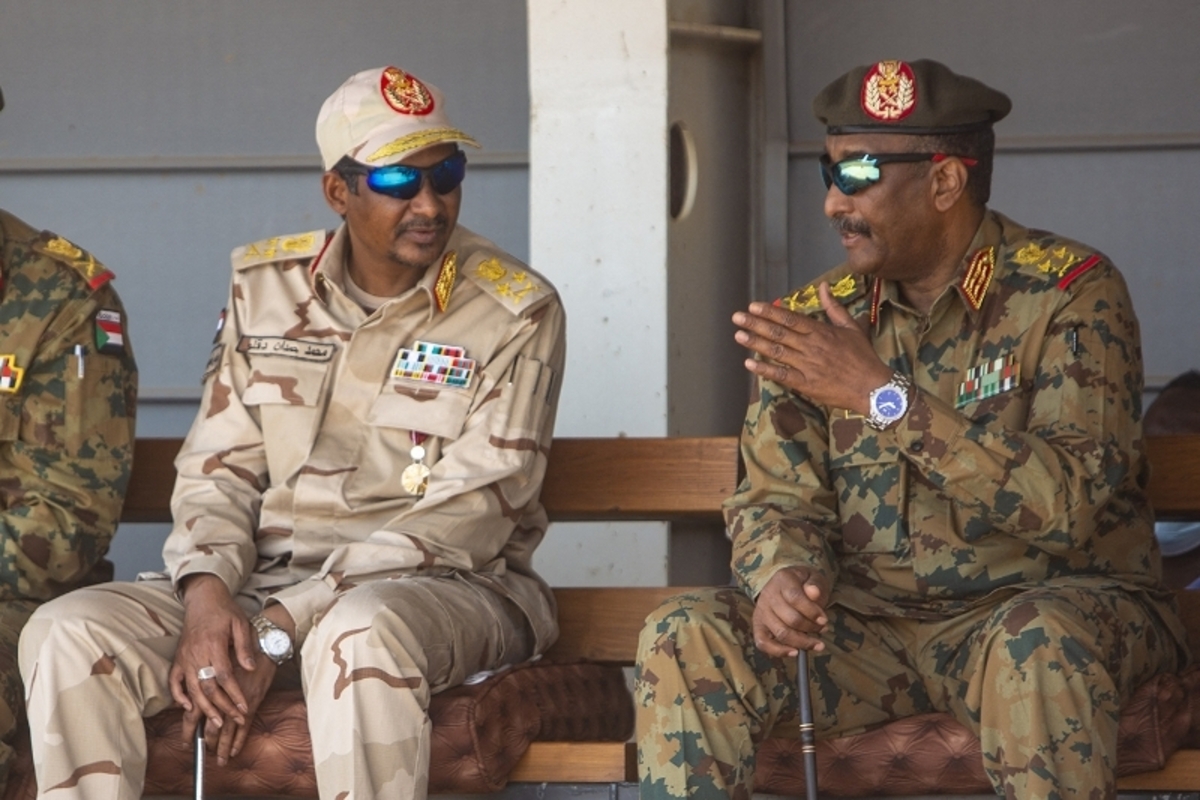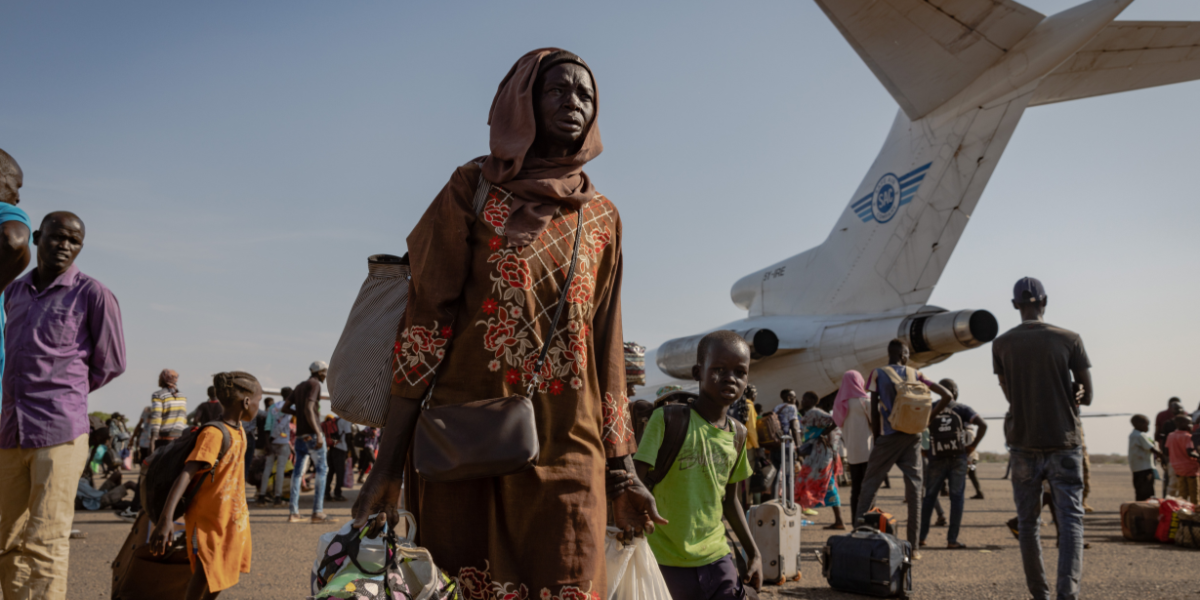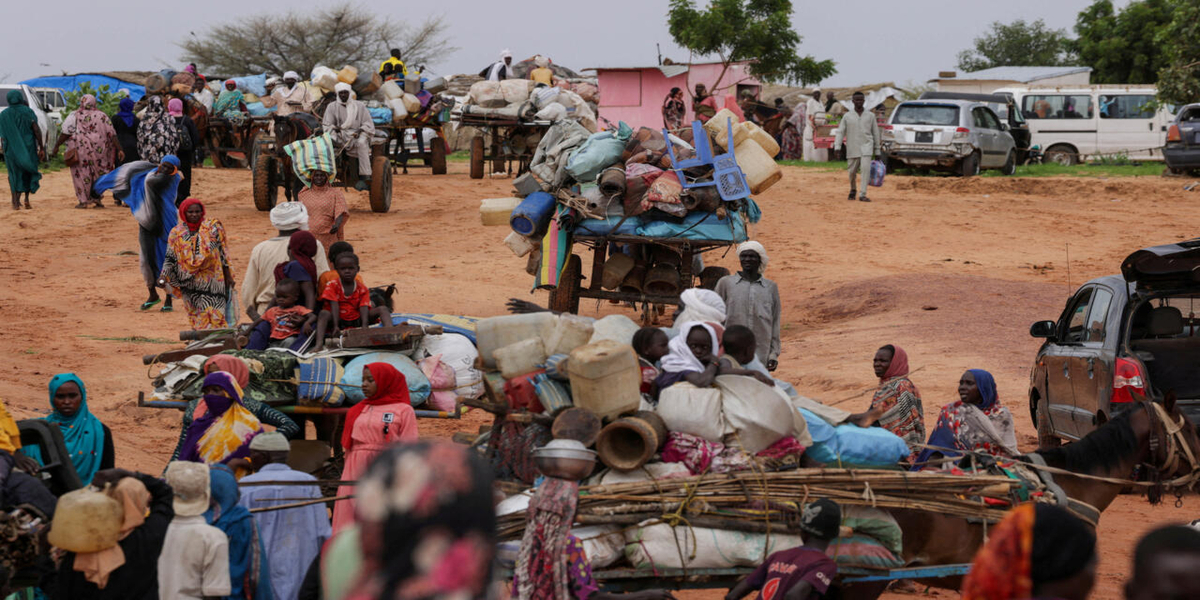In a stark revelation by the Internal Displacement Monitoring Centre (IDMC), Sudan has emerged as the largest source of displaced people in Africa, with an estimated 9.1 million people fleeing danger over the past year. The civil war between two rival factions of the military government of Sudan, the Sudanese Armed Forces (SAF) under Abdel Fattah al-Burhan, and the paramilitary Rapid Support Forces (RSF) under the Janjaweed leader, Hemedti, began during Ramadan on 15 April 2023.
The Annual Displacement Report, released on May 14, highlighted that Sudan and the Democratic Republic of Congo (DRC) account for nearly half of all conflict displacements worldwide. The report highlights a disturbing trend, with the number of internally displaced persons (IDPs) in Africa tripling over the last decade to an alarming 34.8 million, driven by both conflicts and climate change.

Sudan recorded an unprecedented six million internal displacements due to conflict in 2023 alone, surpassing the total displacements in the previous 14 years combined. This marks the highest number recorded in a single country since IDMC began tracking such data in 2008. Globally, the only country to surpass Sudan’s recent displacement figures is Ukraine, which saw 16.9 million displacements in 2022 amid the ongoing conflict with Russia.
The IDMC report indicates that there are currently 75.9 million people living in internal displacement worldwide. IDMC Director Alexandra Bilak noted a 49 percent increase in people displaced by conflict and violence over the past five years, amounting to 22.6 million individuals. The surge in displacement in 2022 and 2023 has been particularly significant.

Bilak emphasized that the millions of people displaced in 2023 represent just the “tip of the iceberg,” as tens of millions of IDPs continue to suffer from ongoing and past conflicts, violence, and natural disasters.
Read also: IGAD executive secretary urges immediate cessation of hostilities in El-fasher sudan
Alice Wairimu Nderitu, the UN Special Adviser on the Prevention of Genocide, told the UN Security Council last week that the inadequate global response to Sudan’s crisis pointed to a pervasive culture of impunity. She argued that the lack of accountability for past atrocities, particularly referencing the genocide in Darfur two decades ago, has contributed to the current humanitarian catastrophe.
“The absence of accountability for genocide and related crimes perpetrated in Darfur twenty years ago is contributing to the current episodes of horror,” Nderitu said, referencing the unprosecuted indictment of former Sudanese leader Omar al-Bashir by the International Criminal Court (ICC).
The IDMC’s findings call for immediate and robust international action to address the displacement crisis in Sudan and beyond. Without accountability and effective intervention, millions more could be forced to flee their homes, exacerbating an already dire humanitarian situation.
As the world confronts these staggering figures, the global community’s response will be crucial in alleviating the suffering of millions and preventing further displacements.















